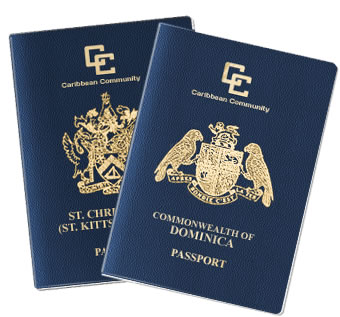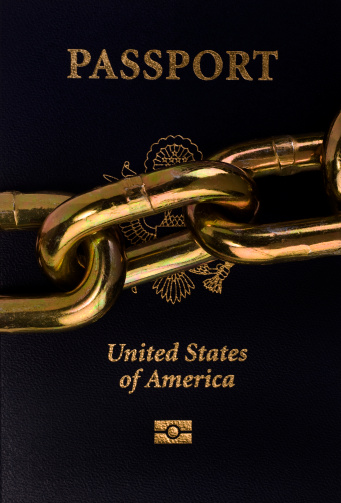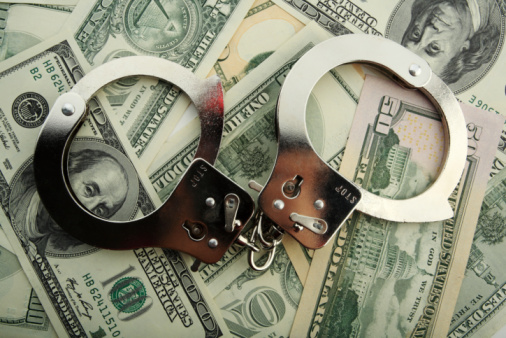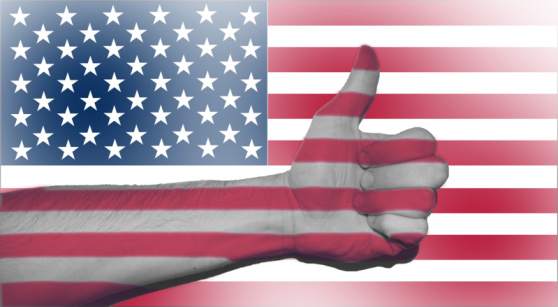The Storm is Coming – Issues Moving Your Assets Offshore
The HIRE Act will turn international bankers in to unpaid IRS Agents.
By: Christian Reeves
Since 2011, the offshore industry has been preparing for a storm originating from the United States and its increased attention on offshore tax evasion and desire to maximize revenues from international sources. To support these collection efforts, the United States enacted the Hiring Incentives to Restore Employment Act of 2010 (HIRE Act). As adopted, the HIRE Act includes a slightly modified version of another previously proposed bill, called the Foreign Account Tax Compliance Act of 2009 (FATCA), which contains a number of provisions attacking international bank accounts and transactions.
The HIRE Act comes in to effect on January 1, 2013, to be implemented to various degrees throughout 2013, with all banks falling in line by December 31, 2013. To avoid the confusion and problems that are certain to ensue, I strongly recommend you complete any contemplated international transfers before this date. If you are considering moving some or all of your retirement offshore, or opening an international corporation and bank account, now is the time to act.
The stated goal of the HIRE Act is to close perceived gaps in information reporting to the Internal Revenue Service and curb abuses relating to the use of offshore accounts by U.S. taxpayers. It is expected to have a widespread impact on the offshore community by making transacting and transferring money more difficult and costly.
Generally speaking, FATCA will implement a new 30 percent withholding tax on “withholdable payments” made after December 31, 2013 to a “foreign financial institution”, unless certain requirements are met. Under the new law, an FFI is broadly defined to include all non-US banks, asset custodians, and investment funds. A “withholdable payment” generally includes
(i) any US sourced payment – e.g., interest, dividends, rents, compensation – and
(ii) the gross proceeds from the sale of any asset that could produce US sourced dividends or interest. Since virtually all US sourced payments to offshore financial institutions will be within the scope of FATCA – whether or not any portion of a payment is allocable to a US person – it will place a serious reporting and compliance burden on an international bank.
It is expected that most international banks will comply with these regulations in order to maintain their U.S. correspondent accounts and their abilities to conduct business in and hold United States Dollars. Complying banks will be required to enter in to an FFI agreement.
In general, entering into an FFI agreement with the IRS will require the bank to
(i) collect sufficient information on all of its account holders to enable the FFI to determine whether the account holder is US or foreign,
(ii) report the following information about U.S. accounts to the IRS annually,
(A) The name, address, and U.S. Social Security number or U.S. Tax ID of each account holder which is a specified United States Person and, in the case of any account holder which is a United States owned foreign entity, the name, address, and Tax ID of each substantial United States owner of such entity.
(B) The account number.
(C) The highest account balance or value during the year.
(D) The gross receipts and gross withdrawals or payments from the account (transactional records.
(iii) withhold 30 per cent of payments made to the FFI that are allocable to account holders that fail to comply with reasonable requests for identifying information or made to non-compliant FFI’s,
- This means that 30% must be withheld from any transfer from a U.S. bank made to a non-compliant international bank. Of course, no one can do business in this manner, so the non-compliant bank would not be able to do business with any U.S. person or company.
(iv) close any accounts where identifying information about the owner of the account cannot be obtained within a reasonable period of time, and
(v) comply with IRS requests for additional information about any US account. In a chain of ownership that includes multiple FFI’s, each FFI in the chain generally must enter into and comply with an FFI agreement in order to avoid application of the new 30 per cent withholding tax upon pass through of any payment to an upper-tier FFI. Additionally, each FFI in a chain of ownership is considered to be a withholding agent potentially liable for collecting and remitting the 30 per cent withholding tax.
In order to meet the documentation, withholding, and reporting requirements of FATCA, participating FFI’s will need to make significant changes to a wide range of processes and systems, including procedures for existing and new accounts, marketing and client interaction, tax reporting and remitting, information technology systems, and legal/privacy controls.
These changes are certain to come at a significant cost to the banks for technology, accounting and massive human resource drains. It is difficult to estimate these expenses, but some banking professionals claim they will be in the hundreds of millions of dollars, while others have projected costs of $10 billion. The United States says it expects to increase revenues by $800 million per year.
One often missed component of the HIRE Act is the new civil penalties on taxpayers for failing to report their offshore accounts. The initial penalty for failing to disclose the required information in a timely manner is $10,000. If the failure to disclose continues for more than 90 days after the IRS notifies the taxpayer of a failure to report, the taxpayer must pay an additional penalty of $10,000 for each 30-day period (or fraction thereof) during which such failure continues after the expiration of the 90-day period. The maximum penalty imposed is $50,000.
Additionally, the HIRE Act increases the accuracy-related penalty under IRC Sec. 6662(a) from 20 percent to 40 percent for underpayments which are attributable to understatement of undisclosed foreign financial assets.
The bottom line is that the HIRE Act will turn international bankers in to unpaid IRS Agents. And, these newly deputized Agents are certain to be even more aggressive or conservative in defining and reporting transactions because their banks futures, and their jobs, are on the line in each and every transfer.
If you are considering moving your retirement account or nest egg offshore, I suggest you complete the transfer before the end of the year. The HIRE Act is certain to cause significant confusion and delays in 2013 and you would not want to be caught in the wash. Even in a best case scenario, you may transfer money offshore, have 30% withheld, and be forced to claim that money back on your 2014 tax return. This could mean the loss of the use of your money for over a year, along with a significantly increased probability of being audited by the IRS.
For information on moving your IRA, 401(k) or other assets offshore, forming an international company, or opening an offshore bank account, please contact me for a confidential consultation at (619) 483-1708 or email to info@premieroffshore.com.











